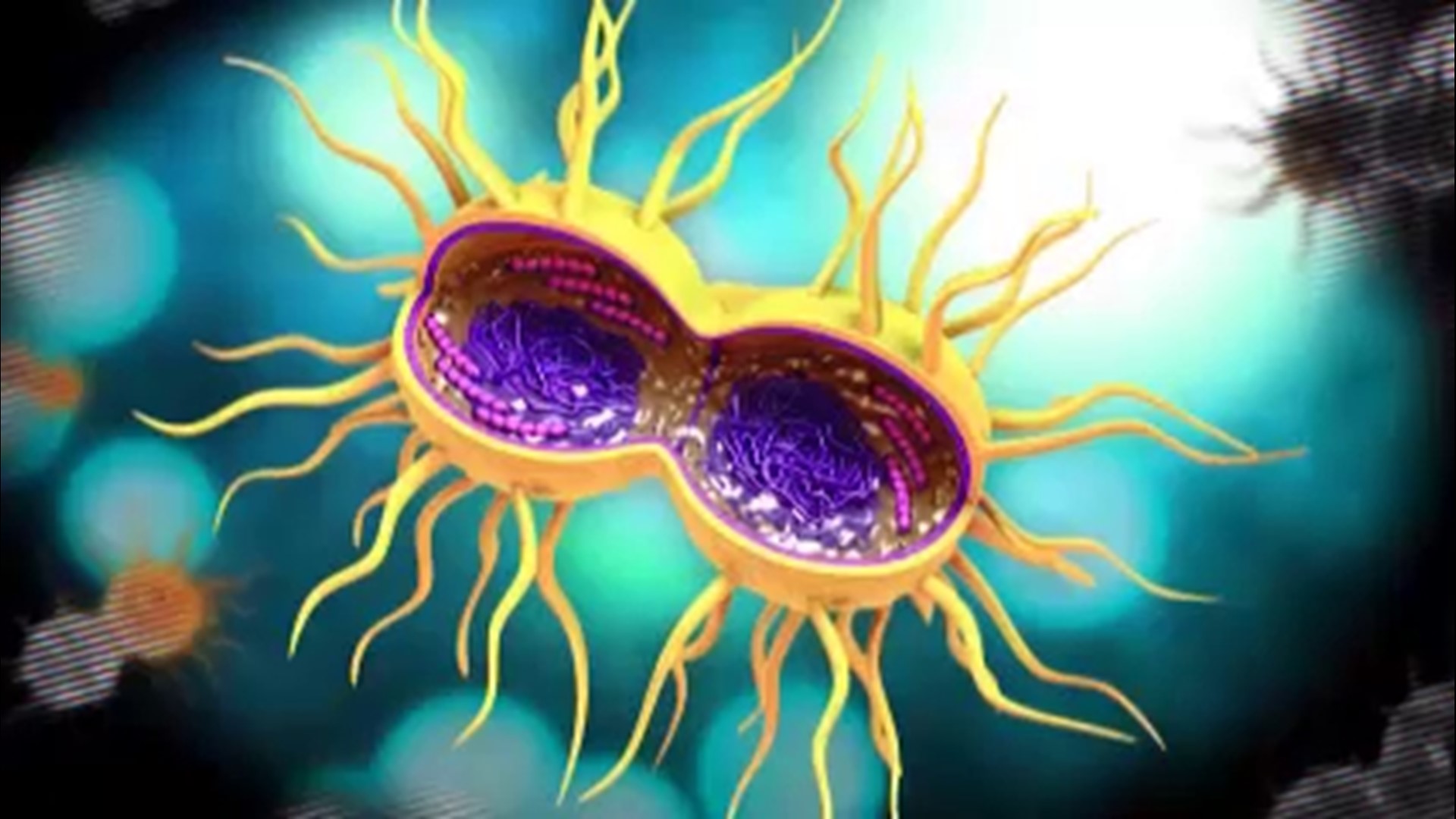SEATTLE — Syphilis cases have risen among adults in recent years, and the increase is resulting in more infections among newborns.
The Centers for Disease Control and Prevention (CDC) announced in November that nationwide, more than 3,700 babies were born with the infection in 2022, which was more than 10 times the number reported a decade earlier.
The rise in congenital syphilis among newborns has been a devastating result of an increase in cases among heterosexual adults in particular. Congenital means a condition that is present before birth.
"That a person would be devastated from the very beginning of their lives is terrible," said Dr. Matthew Golden, an infectious diseases doctor at Harborview Medical Center and director of the HIV/STI/HCV Program at Public Health – Seattle & King County.
Golden said syphilis infections unknowingly passed on from the mother with an existing infection to their baby, can have devastating effects, including stillbirth or miscarriage.
"There is a wide spectrum of things that can happen. There can be effects on the brain, there can be blindness, there could be difficulties with the bones, there could be physical manifestations," Golden said.
According to the CDC, congenital syphilis can also cause severe anemia, skin rashes, and jaundice.
As with nationwide trends, in Washington state, newborn syphilis cases have spiked in recent years. Data provided by the Washington Department of Health showed in 2019, there were 17 cases of congenital syphilis. In 2020, ten cases. In 2021, 53 cases, and in 2022, there were 52 cases.
In King County, data from Public Health – Seattle & King County shows congenital syphilis went from 0 in 2016, to 1 in 2020, then rose to 21 in 2023, a number Golden said is significant.
"Of course, it's not a huge number of people, but when you start talking about babies dying, babies who are potentially going to have permanent disability, it's a tragedy and it's an avertable tragedy," Golden said.
The cases are noticeably linked to a general rise of syphilis among heterosexual adults. Newborn cases in King County trended up, along with a rise in cases among pregnant women.
"Unfortunately some people do not get prenatal care and consequently we only become aware of the case after the baby is born or in delivery," Golden said.
The CDC points out that awareness is critical, as congenital syphilis is preventable if a pregnant woman is tested and treated at least a month before delivering the baby.
As for why cases are going up now, Golden pointed to larger societal issues.
"I think the biggest factor for us, is the homelessness and the substance use," Golden said, a group that may have less access to health care, which does include critical prenatal care. "If people are in very desperate circumstances, are they trading sex for money or other things they need? I think that puts them at risk for STIs and on top of it, they aren't necessarily getting the medical care that they would ideally get when they're pregnant."
Public health departments have been raising awareness of this and targeting vulnerable groups to access prenatal care and to screen for syphilis among adults more widely.
The Washington State Department of Health and Public Health – Seattle & King County recommends all sexually active women 45 and under who have not had a syphilis test since January 2021 to test for syphilis.
More information can be found here.

